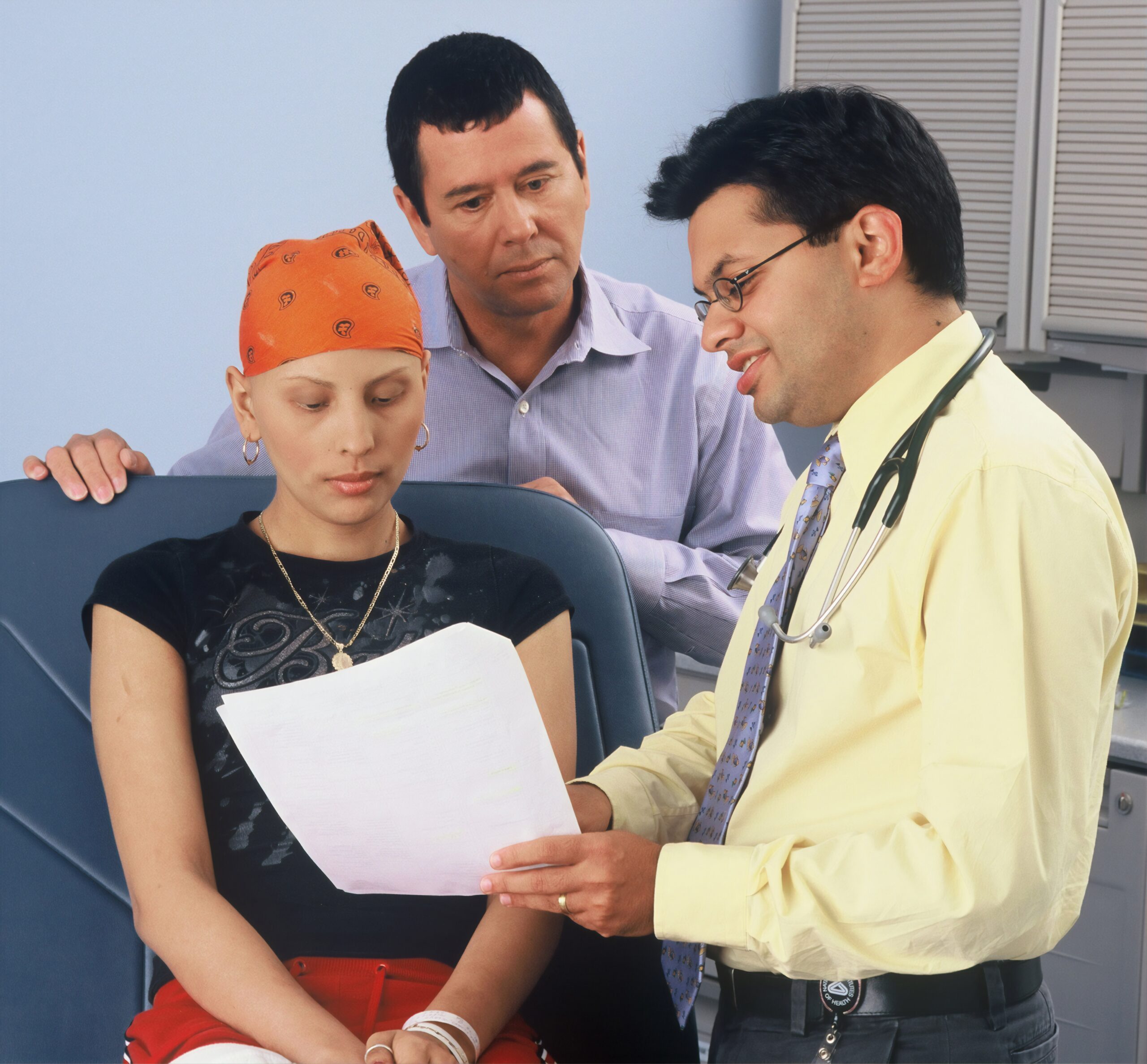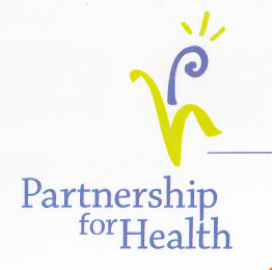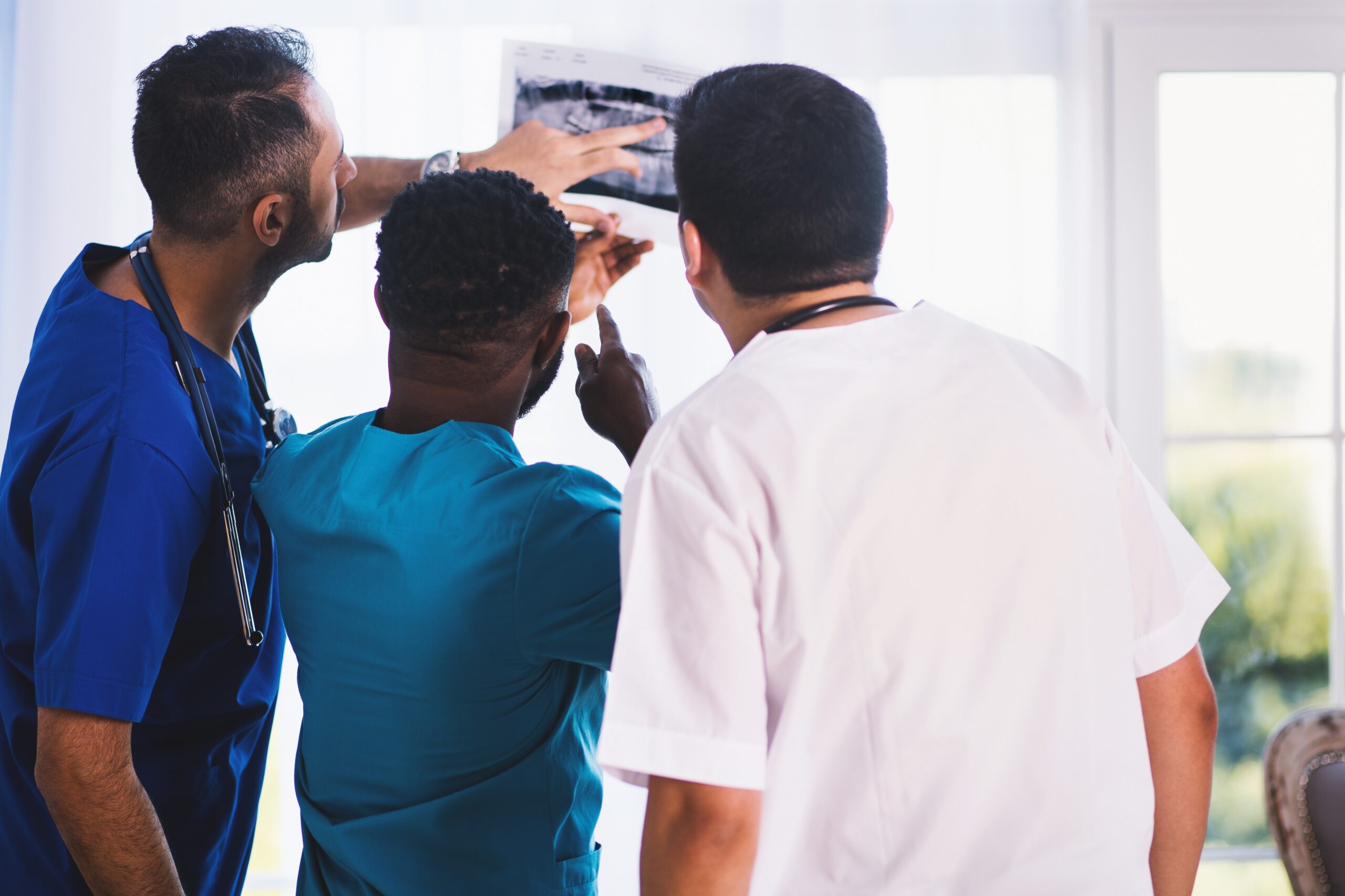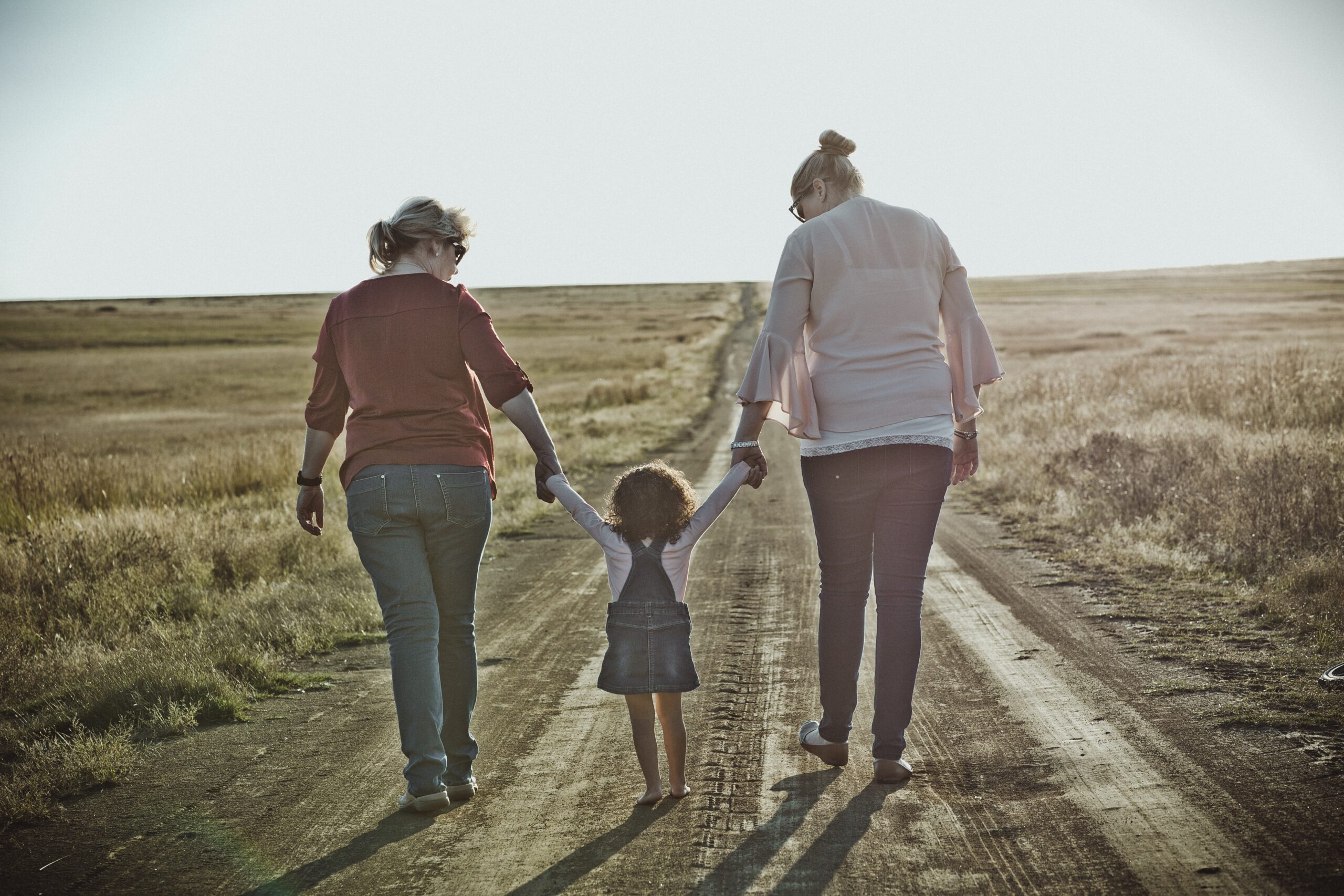
FUNDED BY National Cancer Institute (K07 CA 229186)
Family-Building After Cancer: Preferences, Decisions, and Planning for Young Female Survivors
This study is focused on developing an interactive, web-based decision aid and planning tool for young adult female cancer survivors preparing for future family-building after treatment.
Role: Faculty Mentor

FUNDED BY The Professional Staff Congress – City University of New York (PSC-CUNY) Research Award Program
Forecasting Relationships, Thoughts, and Identity for Young Adults (FORTIFY)- Phase 2
This large survey study seeks to investigate how YA cancer survivors may shape their identity as a “cancer survivor” following cancer, and whether emotions such as shame, pride, embarrassment or guilt about the aftereffects of cancer affect their functioning in social relationships. Further, it aims to investigate how thoughts and emotions about one’s future (future-oriented thought and emotion) may contribute to feelings of social isolation.
Role: PI: Jennifer Ford, PhD

FUNDED BY Provost’s pre-dissertation science research fellowship, City University of New York (CUNY)
Forecasting Relationships, Thoughts, and Identity for Young Adults (FORTIFY)- Phase 1
This mixed-methods study seeks to investigate how YA cancer survivors may shape their identity as a “cancer survivor” following cancer, and whether emotions such as shame, pride, embarrassment or guilt about the aftereffects of cancer affect their functioning in social relationships. Further, it aims to investigate how thoughts and emotions about one’s future (future-oriented thought and emotion) may contribute to feelings of social isolation.
Role: PI: Zeba Ahmad; Faculty Mentor: Jennifer Ford, PhD

FUNDED BY Temple University Fox Chase Cancer Center and Hunter College Regional Comprehensive Cancer Health Disparity Partnership (TUFCCC/HC Cancer Partnership)
Fertility And Maternal Values After Cancer (FAM) Study
This study will explore experiences with oncofertility survivorship care, focused on desire for family-building, culture and acculturation, stigma and impact of cancer among Black and Latina female young adult cancer survivors. This project was (partially) supported by TUFCCC/HC Regional Comprehensive Cancer Health Disparity Partnership, Award Number U54 CA221704(5) from the National Cancer Institute of National Institutes of Health (NCI/NIH). Its contents are solely the responsibility of the authors and do not necessarily represent the official views of the NCI/NIH.
Role: PI: Zeba Ahmad; Faculty Mentor: Jennifer Ford, PhD

FUNDED BY National Cancer Institute (1R01CA134722-06A1)
EMPOWER study: Promoting BC screening in Women Who Survived Childhood Cancer
Randomized controlled trial utilizing mobile and web-technology aimed at increasing breast cancer screening rates among women who were treated for a pediatric cancer with chest radiation.
Role: Multiple-Principal Investigator

FUNDED BY The Jacob and Valeria Langeloth Foundation
The impact of a dedicated clinic for survivors of childhood cancer and subsequent psychological adjustment and health behaviors
The purpose of this study was to investigate outcomes among childhood cancer survivors who attend survivorship clinic visits and whether these visits impact knowledge, psychosocial adjustment and subsequent health behaviors, compared to those who do not attend.
Role: Co-Investigator (Principal Investigator: Charles Sklar, M.D.)

FUNDED BY National Cancer Institute (R03 CA101514)
Health behaviors in adolescent cancer survivors
The goal of this study was to examine a theoretically-driven model of adolescent cancer survivors’ health-protective and health-damaging behaviors.
Role: Principal Investigator

FUNDED BY National Cancer Institute (R01 CA106914)
A web-based smoking intervention for childhood cancer survivors
A randomized comparative effectiveness study focused on a web-based versus a print smoking cessation intervention for childhood and young adult cancer survivors.
Role: Site-Principal Investigator (Principal Investigator: Karen Emmons, PhD.)

FUNDED BY Memorial Sloan Kettering Cancer Center Research and Development Fund
A global assessment of medical morbidities and quality of life among survivors of Hodgkin Lymphoma
The purpose of this study was to investigate comprehensive medical and psychosocial morbidities in adult survivors of Hodgkin lymphoma.
Role: Co-Principal Investigator (Principal Investigator: David Straus, M.D.)

FUNDED BY Lance Armstrong Foundation
Cross-sectional study of psychosexual impact of cancer-related infertility: Third party reproductive assistance
The purpose of this study was to empirically assess emotional and sexual functioning, reproductive concerns, quality of life, and awareness of third-party reproduction in cancer-related infertile women, compared to those without a cancer history.
Role: Co-Investigator (Principal Investigator: Jeanne Carter, Ph.D.)

FUNDED BY The New York Community Trust; Pearl Vision
Fight for Sight: Quality of life assessment in retinoblastoma survivors
The purpose of this study was to investigate the quality of life and psychosocial outcomes in the largest cohort of survivors of childhood retinoblastoma.
Role: Co-Investigator (Principal Investigator: Ira Dunkel, M.D.)

FUNDED BY T.J. Martell Foundation
Determinants of adolescent cancer survivors’ health behaviors
The purpose of this study was to investigate health-damaging and health protective behaviors among survivors of adolescent cancers and to identify determinants of these behaviors.
Role: Principal Investigator

FUNDED BY Chanel Foundation
Allogenic stem cell transplant, abdominal obesity and cardiovascular risk factors in adult female cancer survivors
The purpose of this study was to better understand why some women who survived cancer later develop diabetes, problems with their cholesterol, or other problems that may lead to heart disease.
Role: Co-Investigator (Principal Investigator: Kevin Oeffinger, M.D.)

FUNDED BY American Cancer Society (MRSG-07-165-01-CPPB)
Identity and adaptation among adolescent cancer survivors
The goal of this mentored research scholar grant was to focus on understanding adolescent cancer survivors’ identity development and adaptation.
Role: Principal Investigator, Career Development Award

FUNDED BY National Cancer Institute (R01 CA134722)
EMPOWER Study: Encouraging Mammography/MRI And Preventive Opportunities
Randomized clinical trial aimed at increasing breast cancer screening rates among women who were treated for a pediatric cancer with chest radiation.
Role: Co-Investigator (Principal Investigator: Kevin Oeffinger, M.D.)

FUNDED BY National Cancer Institute (1RO1CA187397-01)
Exercise and Quality Diet After Leukemia (EQuAL)
Randomized, controlled trial of a diet and physical activity intervention for weight loss in adult survivors of childhood acute lymphocytic leukemia (ALL).
Role: Co-Investigator (Principal Investigator: Emily Tonorezos M.D.)

FUNDED BY National Cancer Institute (R03 CA212924-01)
Developing a Decision Aid for Adolescent and Young Adult Female Cancer Survivors Considering Future Family-Building After Treatment
Study to develop a decision aid focused on young adult survivors’ family-building through assisted reproductive technology or adoption and how financial pressures may influence the process.
Role: Faculty Mentor (Principal Investigator: Catherine Benedict, Ph.D.)

FUNDED BY National Cancer Institute (1F99CA22272701)
A Biopsychosocial Approach to Behavioral Oncology in Young adults
A pre-doctoral and post-doctoral award focused on technology based social support, compared with face-to-face communication in young adult breast cancer survivors.
Role: Faculty Mentor (Principal Investigator: Kathleen Darabos, PhD)

FUNDED BY National Cancer Institute (K07 CA 229186)
Family-building after cancer: Preferences, Decisions, And Planning for Young Female Survivors
Career award focused on developing an interactive, web-based decision aid and planning tool for young adult female cancer survivors preparing for future family-building after treatment.
Role: Faculty Mentor (Principal Investigator: Catherine Benedict, PhD)

FUNDED BY The Society of Memorial Sloan Kettering Cancer Center Survivorship Fund
Development of computer-assisted psychosocial screening for adult survivors of childhood cancer
The purpose of this study was to investigate a technology-based psychosocial screening tool for survivors of childhood cancer and its utility in identifying psychosocial difficulties during routine survivorship clinic visits.
Role: Site Principal Investigator (Principal Investigator: Christopher Recklitis, Ph.D.)
